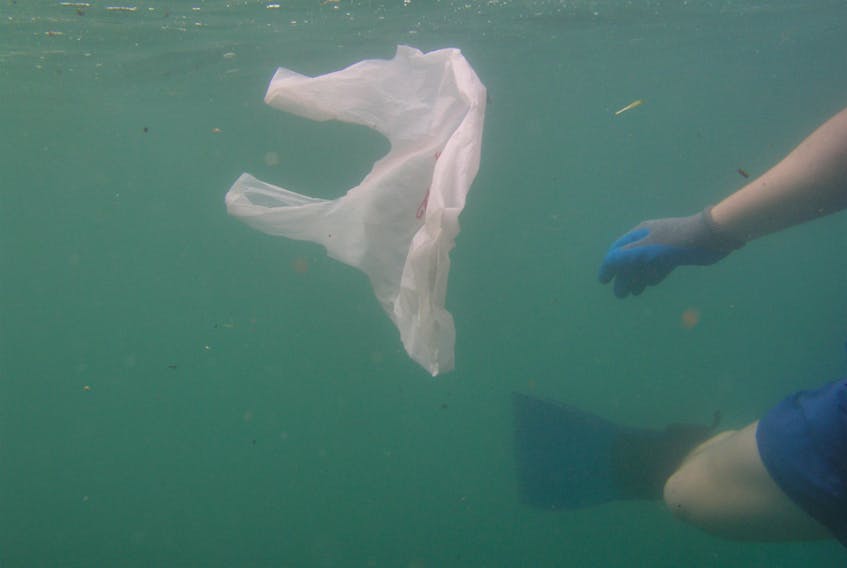As wakeup calls go, this one might be a little late in coming — because the damage is already done, and we’re not seeing the effects.
Perhaps the best we can do is not make it any worse.
“We recorded one of the highest frequencies of microplastics among fish species globally,” researcher Alina Wieczorek told ScienceDaily. “In particular, we found high levels of plastic fibres such as those used in textiles.”
The study was looking at fish from the mesopelagic group — a common food species for larger fish — that rise from deep water to feed near the surface at night.
And the results are blunt.
“Seventy-three per cent of all fish contained plastics in their gut contents. … Overall, we found a much higher occurrence of microplastic fragments, mainly polyethylene fibres, in the gut contents of mesopelagic fish than previously reported,” the study reported in the journal Frontiers in Marine Science.
The source? Us, of course.
Laura McDonnell, a McGill fish biologist writing in The Walrus last year, believes we should eliminate every scrap of plastic we don’t need. Oh, she doesn’t eat fish. At all.
“As a consequence of decades of marine litter entering our seas, microplastics have been found in coastal and pelagic environments around the globe with an ever-increasing distribution,” the study says.
Plastics, particularly the tiny shreds of plastic known as microplastics, have been found throughout the oceans. A recent study of mussels in Norway found microplastics in mussels at virtually every site they sampled, even the in the High Arctic.
The effects of the plastics are broad-ranging and complex: fish feeding on plastics can suffer from digestive tract inflammation and decrease feeding — prey species contaminated with the plastics can be eaten by predators, and spread the problem further.
Even plastics in droppings can be a problem. Scientists worry that the plastics change the buoyance of fecal pellets, meaning the movement of carbon to the ocean floor could be affected.
Consider this, from Laura McDonnell, a McGill fish biologist writing in The Walrus last year: “Due to bioaccumulation (when a substance’s concentration increases in an animal over time) and biomagnification (when a substance’s concentration increases as it moves up the food chain), the concentration of microplastics in larger, older and predatory fish such as tuna is likely to be higher than in smaller species or younger individuals. So what happens to other top predators — humans — who eat a seafood-rich diet during their lifetime? Even though current research shows we do not absorb most plastics, it’s possible that a small amount (about one per cent) can still accumulate in our bodies. That number might change: research on microplastics in our food is still in its infancy, and while some studies have documented the detrimental effects of plastics on fish and other aquatic animals, we still don’t know much about their long-term effects on humans.”
McDonnell’s solution? She believes we should eliminate every scrap of plastic we don’t need.
Oh, she doesn’t eat fish. At all.
Think about that.









